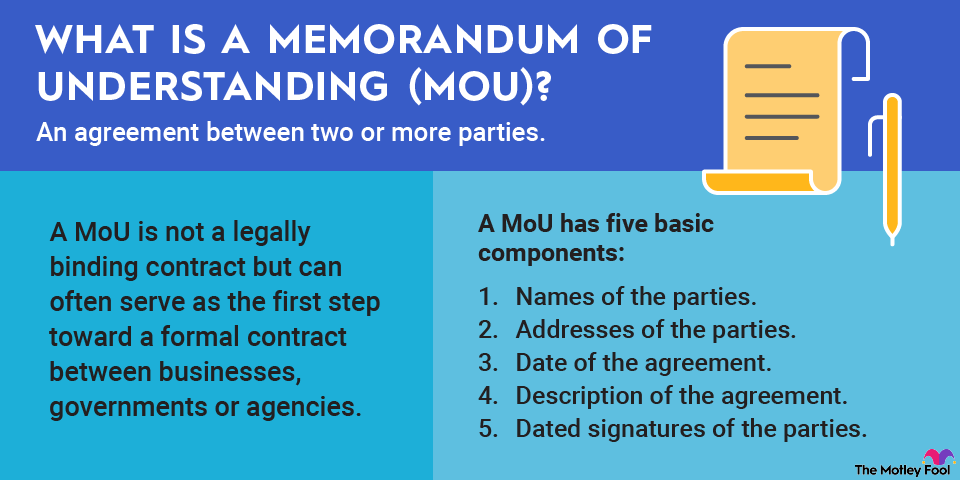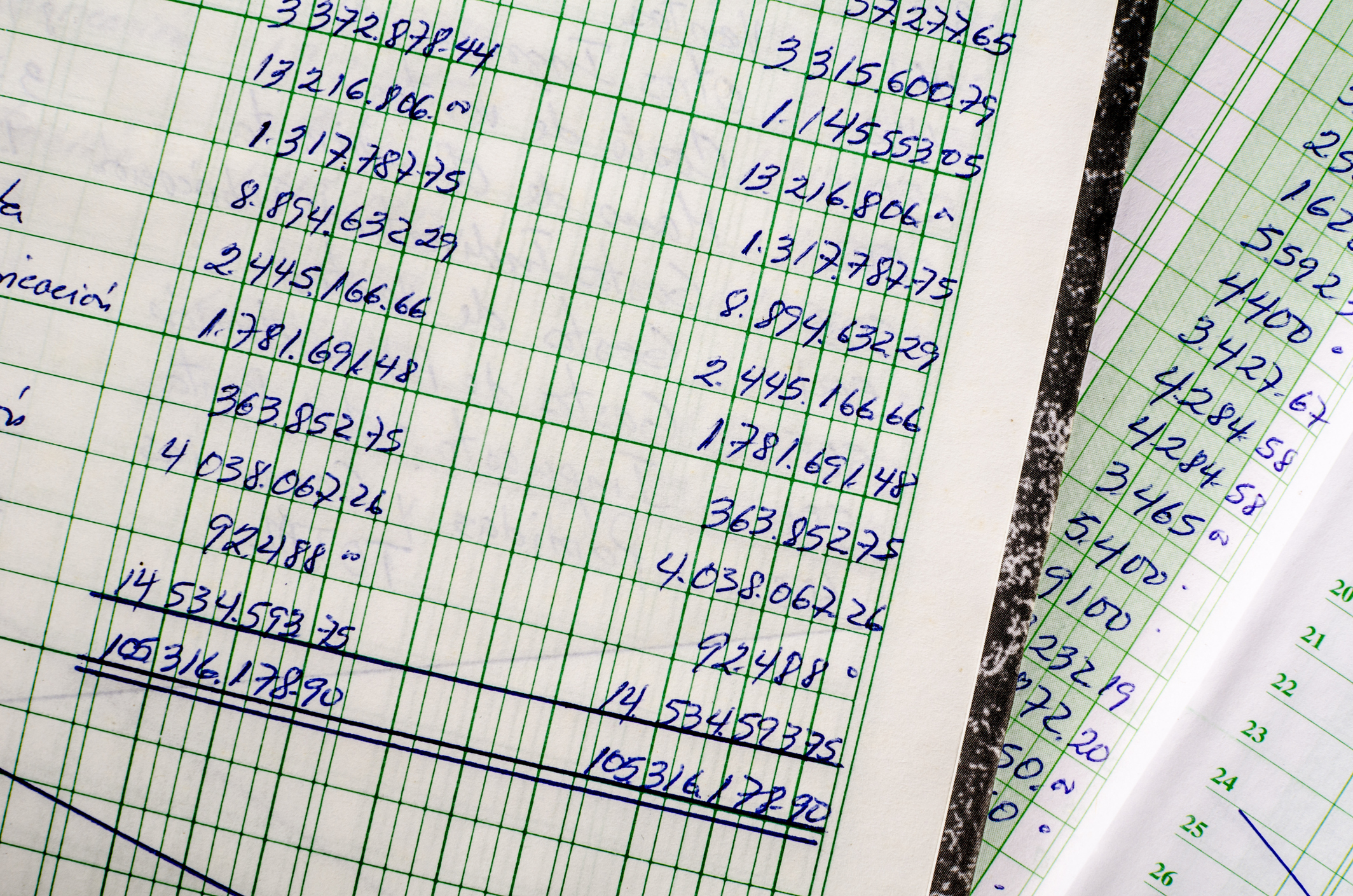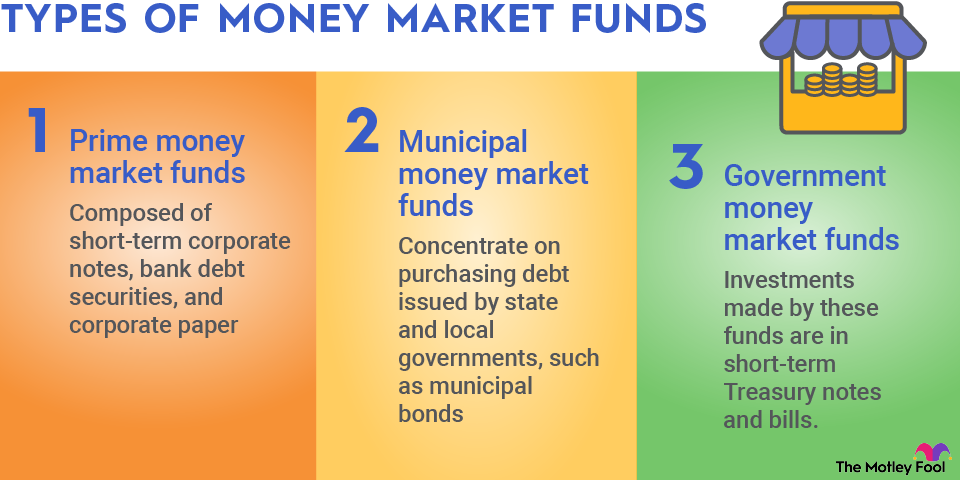When you blow out the candles on your 65th birthday, you'll have extra reason to celebrate. For most people, Medicare eligibility begins at 65, although some people with certain disabilities qualify sooner. But Medicare is a complex federal health insurance program that can get confusing quickly. We'll walk you through the basics of how Medicare works.

What is Medicare, and how does it work?
Medicare is a federal health insurance program that helps older Americans and those with disabilities pay for medical care. Most people qualify for Medicare once they turn 65. If you receive Social Security Disability Insurance (SSDI), you'll also qualify after two years. If you're younger than 65, you may also be eligible immediately if you have end-stage renal failure or ALS (also known as Lou Gehrig's disease).
Unlike Medicaid, a state-federal health program that's only available to certain individuals and families with low incomes, Medicare eligibility isn't based on income or assets. Requirements are similar to the eligibility rules for Social Security. Most people will be eligible if they worked for at least 10 years (or if their current or former spouse did) and paid Medicare taxes.
Medicare parts explained
There are four different parts of Medicare. Here's what each one covers:
- Part A: Covers inpatient hospital stays, hospice care, and some short-term skilled nursing services. When you apply for Medicare, you're automatically enrolled in Medicare Part A. Most people won't pay Part A premiums, but the deductibles are significant. In 2023, the deductible for inpatient hospital care is $1,600.
- Part B: Covers doctor visits, lab work and diagnostics, preventative care, ambulance transport, and medical equipment. You'll pay monthly premiums for Part B coverage, which are $164.90 in 2023 -- or higher if your income is above $97,000, or $194,000 for joint filers. You'll also pay annual deductibles, which are $226 in 2023, plus a 20% copay for doctor visits and other outpatient care.
- Part C: Together, Medicare Parts A and B are called Original Medicare. Part C plans, known as Medicare Advantage, are an alternative to Original Medicare that you can sign up for through a private insurer. You'll still need to enroll in Medicare and pay Part B premiums. Medicare Advantage plans are required by the federal government to cover everything Original Medicare covers, but some plans pay for additional services.
- Part D: Part D plans pay for prescription drug coverage and are available through private insurers. If you purchase Part D coverage, you'll pay premiums and copays for your medications.
Health Insurance Copayment
When do you enroll in Medicare?
You're automatically enrolled in Medicare Part A if you're receiving Social Security when you turn 65. But if you're not yet taking benefits, you'll have a seven-month open enrollment period to enroll around your 65th birthday. If you miss the seven-month window, you'll have to delay coverage and pay permanent late penalties on Part B premiums.
Related investing topics
Examples of what Medicare doesn't cover
Although Medicare covers a lot of vital healthcare for older people and those with disabilities, there are several important things that aren't covered by Original Medicare. Some of these services may be covered if you choose a Medicare Advantage plan:
- Dental care, including dentures.
- Routine eye exams, eyeglasses, and contact lenses.
- Hearing aids.
- Medical care you receive abroad.
- Chiropractor services.
- Podiatrist care.
- Long-term nursing care.
Of all of the services Medicare doesn't cover, the biggest concern for most people is long-term nursing care. Although Medicare will typically cover inpatient stays for rehabilitation purposes -- for example, if you fall and break a bone or are recovering after surgery -- it generally won't pay for ongoing nursing home care.
To afford long-term care, many people have to deplete their resources by paying out of pocket until they qualify for Medicaid. Given that a semi-private room in a nursing facility costs an average of $7,908 a month, according to the 2021 Cost of Care Survey by Genworth, many people in need of skilled care can quickly burn through their life's savings.
To pay for the services Medicare doesn't cover, it's worth considering long-term care insurance, although the costs are often prohibitively expensive. To help with other healthcare costs in retirement, choosing a high-deductible health plan (HDHP) that allows you to fund a health savings account (HSA) may make sense. Any unused money stays with you, and distributions are always tax- and penalty-free if you use them for qualifying medical expenses.


















